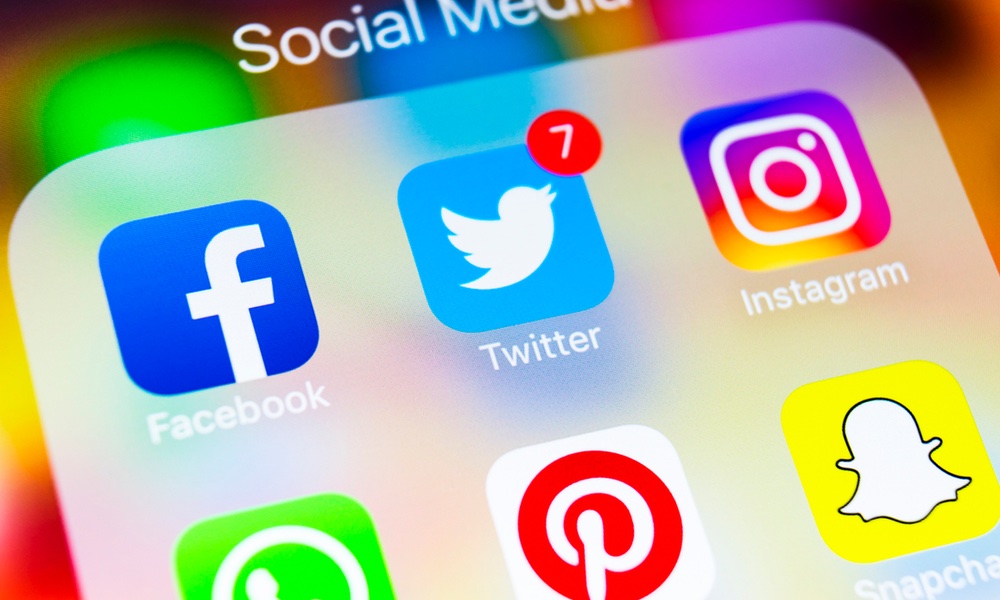If you think the tendency to become embarrassed is a drawback, think again. A new study finds that people who are easily embarrassed also tend to be more trustworthy and generous with their resources. What’s more, other people pick up on embarrassment as a social cue, leading them to rate those who blush as more trustworthy than their more unmoved peers.
In the new study, the authors used several tests to assess the personality traits with which embarrassment might be connected, and to determine whether embarrassment is a reliable social cue. In one experiment, they had participants recount embarrassing tales from their past (think public flatulence or mistaking an overweight woman for a pregnant one).
Interestingly, in the current study, the authors also report that a greater proclivity for embarrassment was linked to a greater likelihood of being with one partner at a time.
The researchers analyzed the participants’ behavior while they told the stories and scored them on their embarrassment factor. Then the participants played a game in which they had to give away some portion of raffle tickets they’d been given. Those who displayed more signs of embarrassment while recounting their stories in the first part of the study were more likely to bestow the raffle tickets onto others.
The authors point out that there’s a difference between embarrassment and shame, which has been linked in the past to not-so-positive traits, like “moral transgressions,” including cheating. Interestingly, in the current study, the authors also report that a greater proclivity for embarrassment was linked to a greater likelihood of being with one partner at a time.
“Moderate levels of embarrassment are signs of virtue,” confirms Feinberg. “Our data suggests embarrassment is a good thing, not something you should fight." So next time someone makes fun of you for blushing, don’t take it as an insult; remember that it means you’re more likely to be trustworthy, generous, and monogamous.
The study was carried out at UC Berkeley, and published in the Journal of Personality and Social Psychology.




